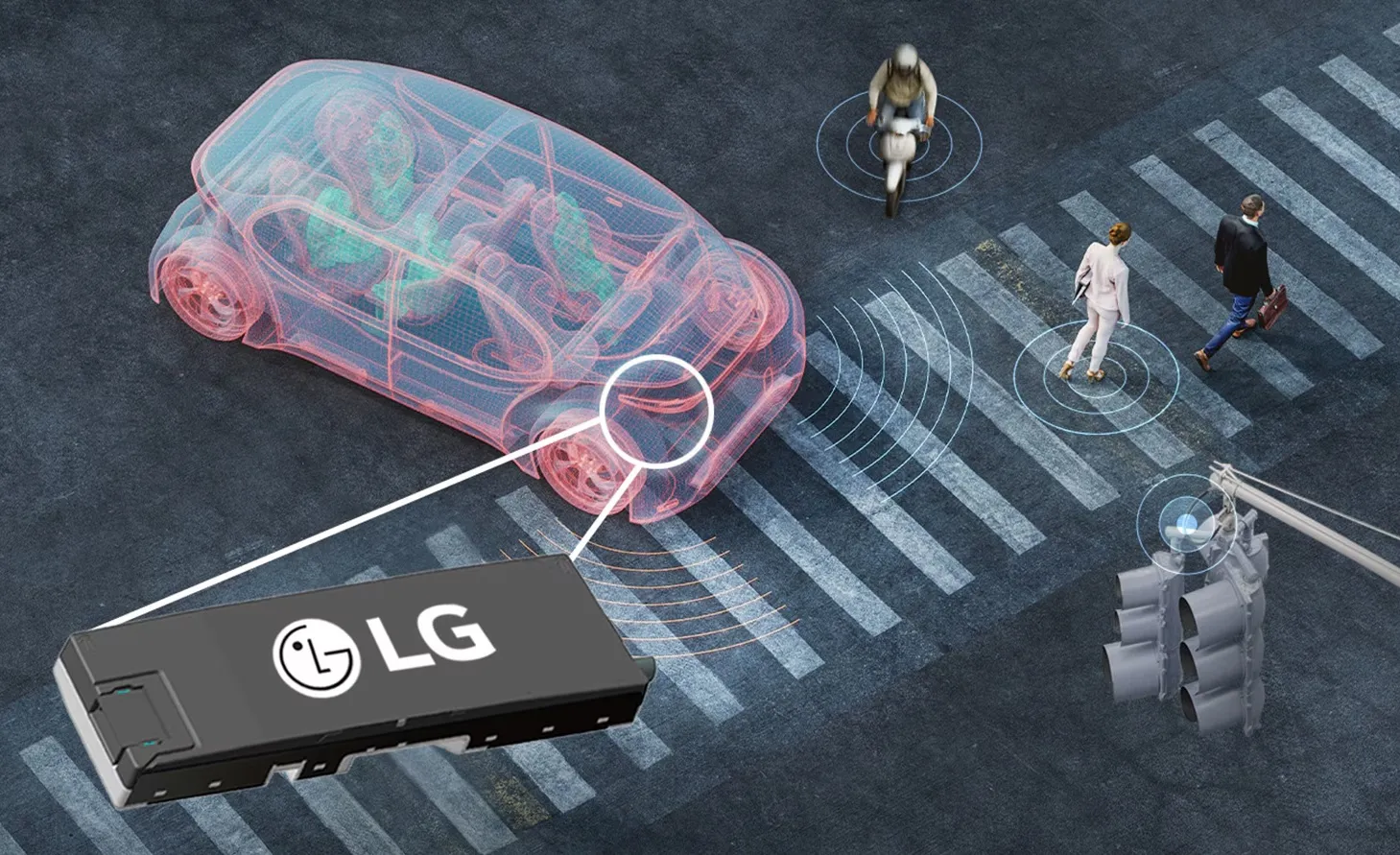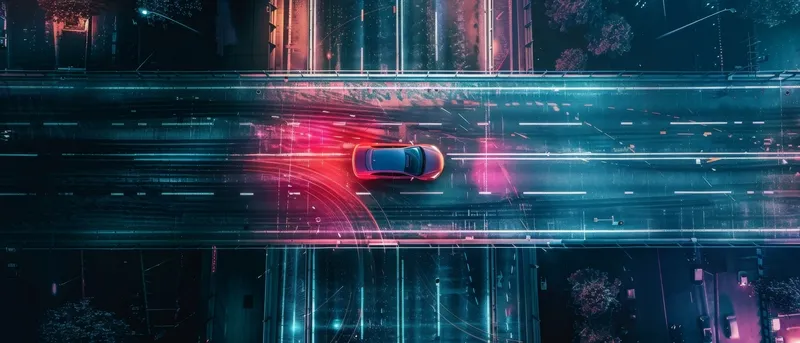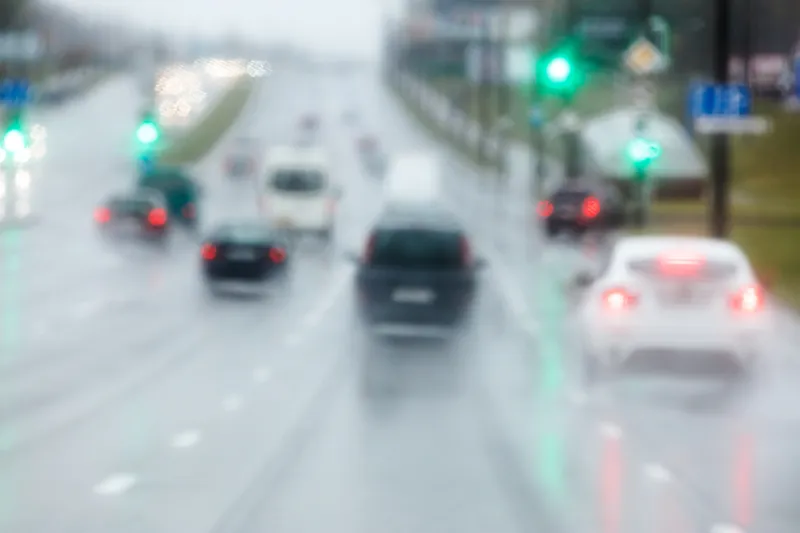
LG Electronics says its Vehicle to Everything (V2X) solution for Volkswagen has received the world’s first Common Criteria (CC) certification for security stability in the V2X device category.
V2X technology allows vehicles to communicate with systems, devices and technologies in the surrounding area, including other vehicles (V2V), traffic infrastructure (V2I) and, via smartphones, pedestrians (V2P). Without robust security, V2X devices and networks could be compromised by hackers, potentially leading to traffic congestion, collisions or data breaches.
The recipient of the new CC certification, LG’s VW Transceiver Module, is a telematics component designed exclusively for Volkswagen’s internal combustion engine-specific MQB platform. An internationally-recognised standard for IT product security, CC certification indicates that a device provides comprehensive protection against unauthorised access or interference.
The module was rigorously evaluated by Dekra, an accredited laboratory for CC certification, successfully meeting CC’s stringent security standards and earning an Evaluation Assurance Level (EAL) 2+ rating from Spain’s National Cryptologic Centre.
LG says it is committed to meeting the highest standards for vehicle security, and will continue to provide competitive auto solutions that prioritise safety and reliability. After earning CC certification for the transceiver module, LG says it plans to achieve the same for its V2X solution intended for Volkswagen’s MEB electric vehicle platform within the year.
In addition to obtaining security certifications for its V2X solutions, LG is enhancing security across all areas of its automotive electronics business. In 2022, LG Vehicle Component Solutions Company received the Trusted Information Security Assessment Exchange (TISAX) certification and, last February, gained Cyber Security Management System (CSMS) certification from TÜV Rheinland.
“By earning CC certification for the security of our V2X solution for Volkswagen, we have effectively demonstrated our superior component technology and security capabilities, both of which are key elements for success in the future mobility sector,” said Eun Seokhyun, president of LG Vehicle Component Solutions Company.
“LG will continue to solidify its position in the global automotive components market, delivering innovative, secure mobility solutions that ensure safer roads for all.”








